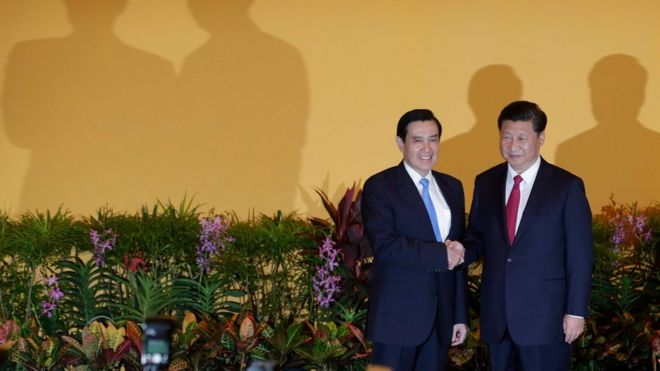By Christine Khamis
News Desk Reporter, Asia
BAKU, Azerbaijan –
Leyla Yunus, a prominent human rights activist in Azerbaijan, was released from prison on Wednesday. An appellate court in Baku decided to suspect the charges against Ms. Yunus, which included alleged fraud and tax evasion and placed her on a five-year probationary period.

The suspension of Ms. Yunus’s sentence does not mean that the charges against her will be dropped. At this time, her guilty verdict still stands. Additionally, Ms. Yunus and her husband Arif Yunus, also an activist, still face treason charges which are part of another case against them.
Ms. Yunus was initially imprisoned in July 2014 and received an 8 ½ year sentence for the alleged crimes of fraud and tax evasion. Mr. Yunus was charged for similar crimes and was sentenced to time in prison as well. She and Mr. Yunus were also charged with alleged treason for spying for Armenia. Both worked for the Peace and Democracy Institute in Baku.
Ms. Yunus suffers from illnesses of diabetes and hepatitis C and was released primarily due to her deteriorating health. During her time in prison, Ms. Yunus says that she was also beaten severely by prison guards. Mr. Yunus, imprisoned on similar charges, was released in November due to his own deteriorating health.
Human rights organizations such as Amnesty International have called for the charges against Ms. Yunus to be dropped completely, calling her and Mr. Yunus as “prisoners of conscience” who were charged with their crimes for their human rights advocacy and critiques of the government.
American and European Union officials have welcomed the release as a step forward in the promotion of human rights in Azerbaijan. Some, such as European Parliament President Martin Schulz, still call for the charges against the Yunuses to be fully dropped and for other prisoners of conscience to be released.
Nearly 20 other individuals, including activists, journalists, and government critics, including a journalist for Radio Free Europe/Radio Liberty (RFE/RL) are currently in Azerbaijan prisons after being convicted of charges human rights groups have called “politically motivated”.
For more information, please see:
Amnesty International – Azerbaijan: Release of Leyla Yunus Should Spur Freedom for All Prisoners of Conscience – 9 December 2015
Human Rights Watch – Dispatches: Azerbaijan’s Leyla Yunus is Free – 9 December 2015
The New York Times – Azerbaijan: Activist Freed From Prison – 9 December 2015
Radio Free Europe/Radio Liberty – Rights Activist Leyla Yunus Freed From Jail In Azerbaijan – 9 December 2015



